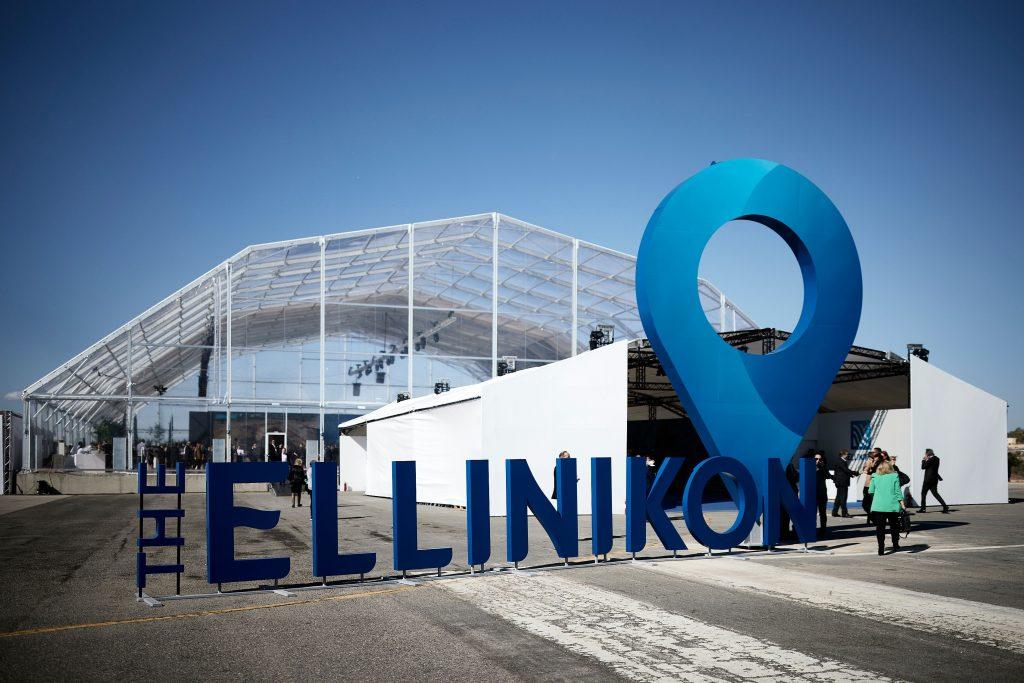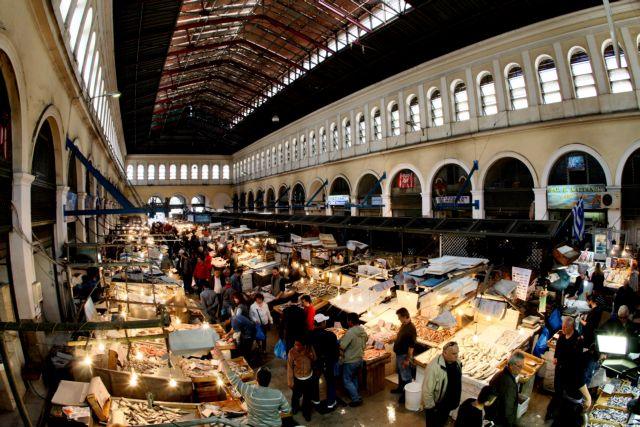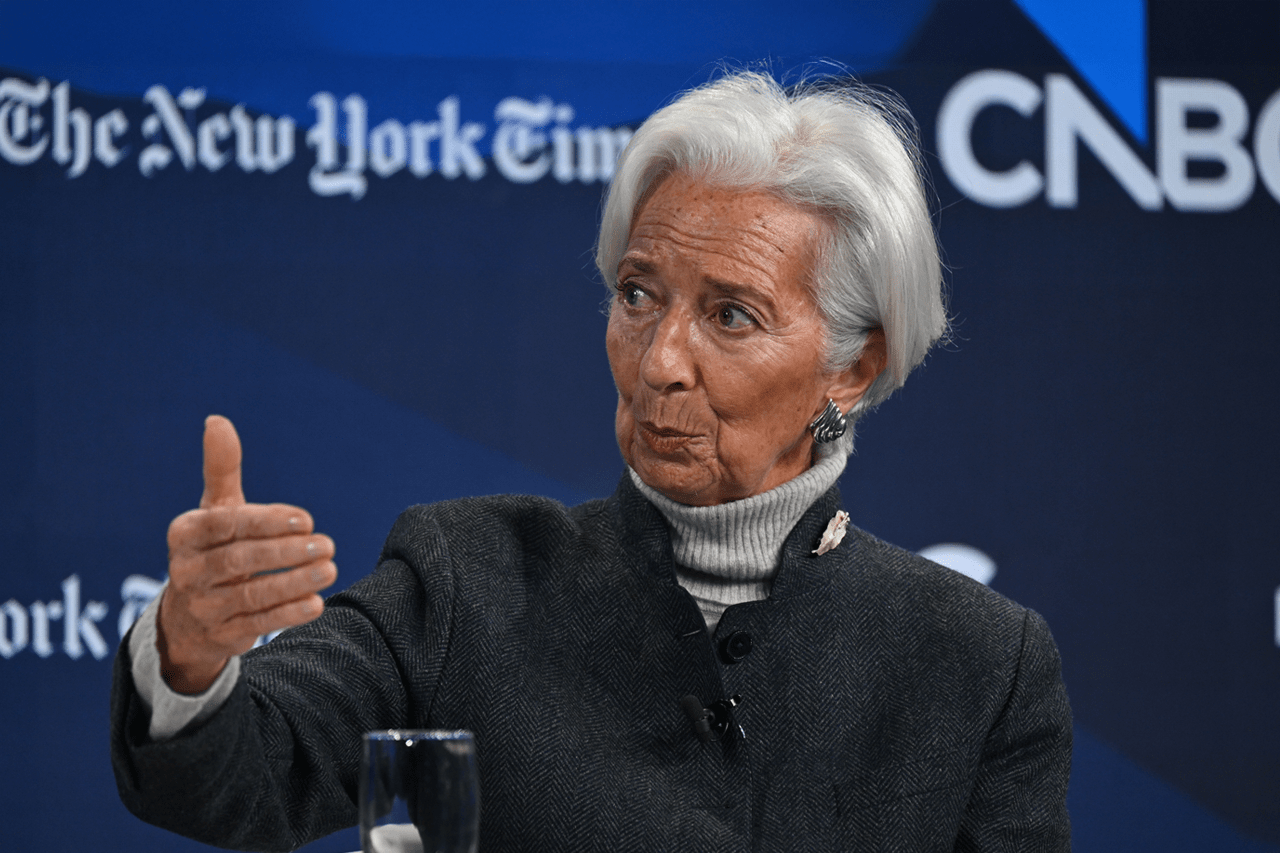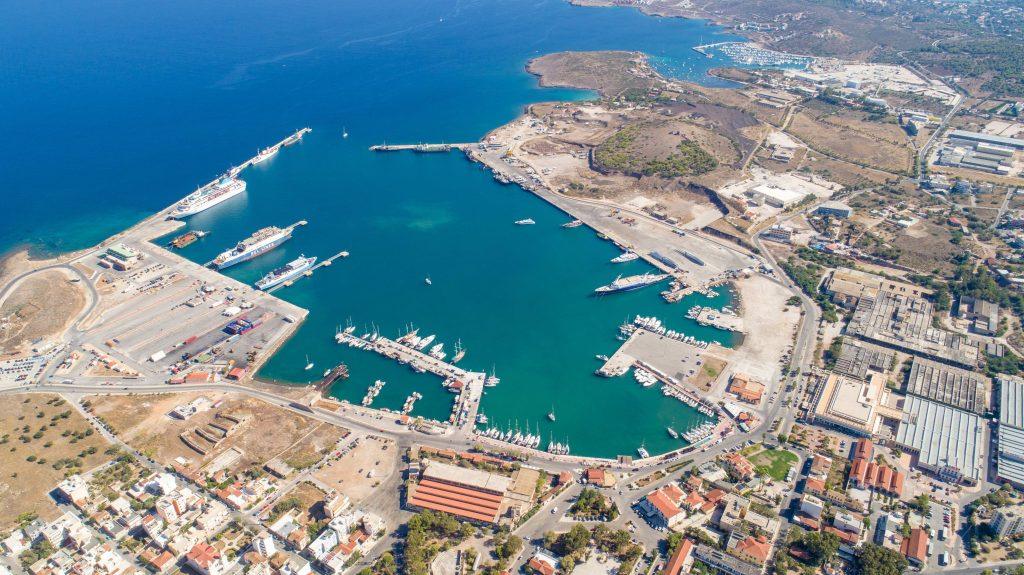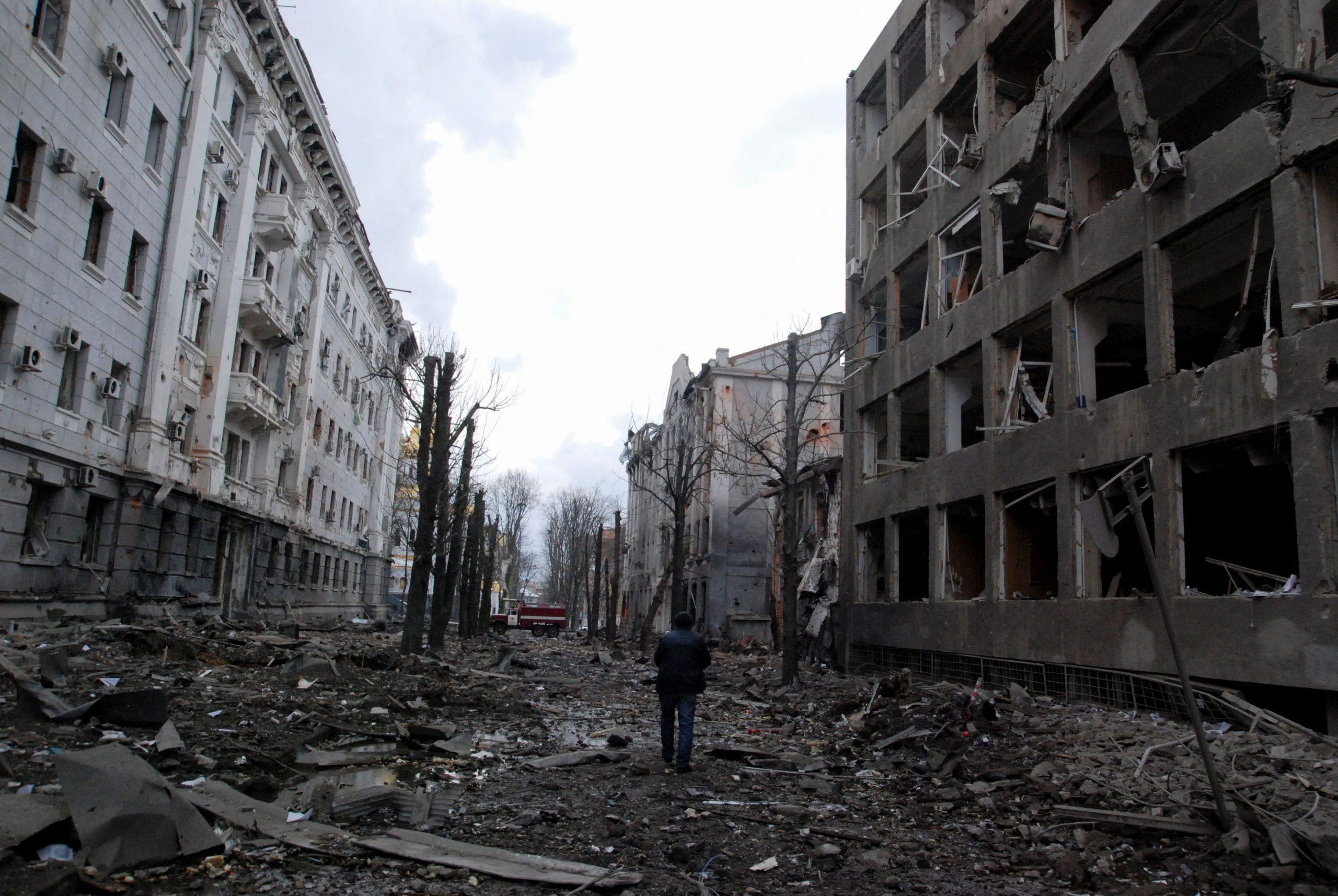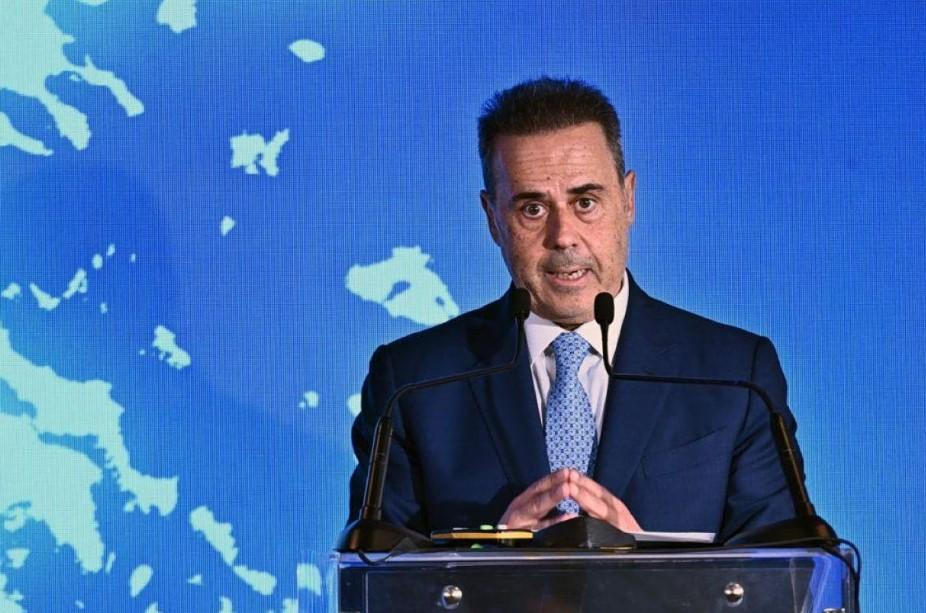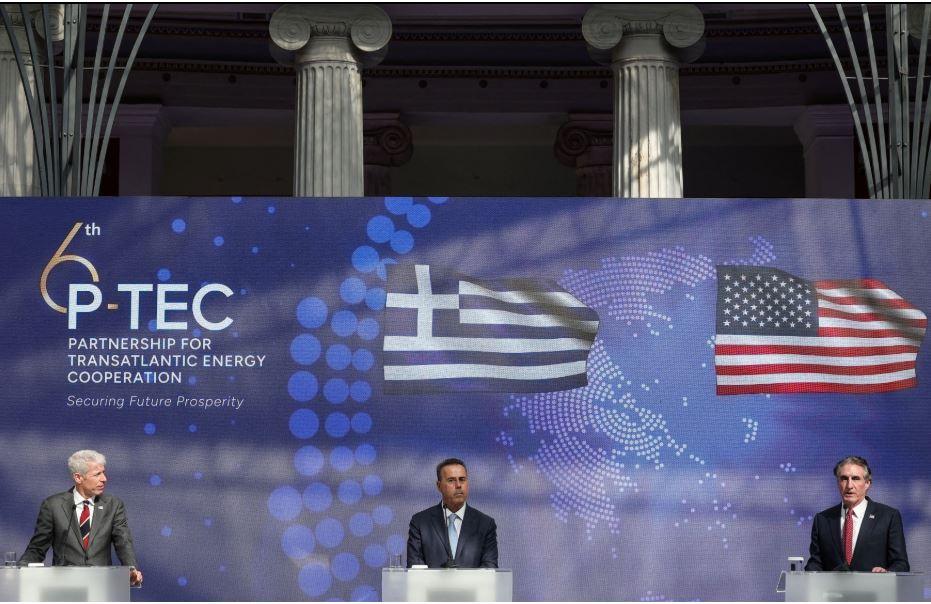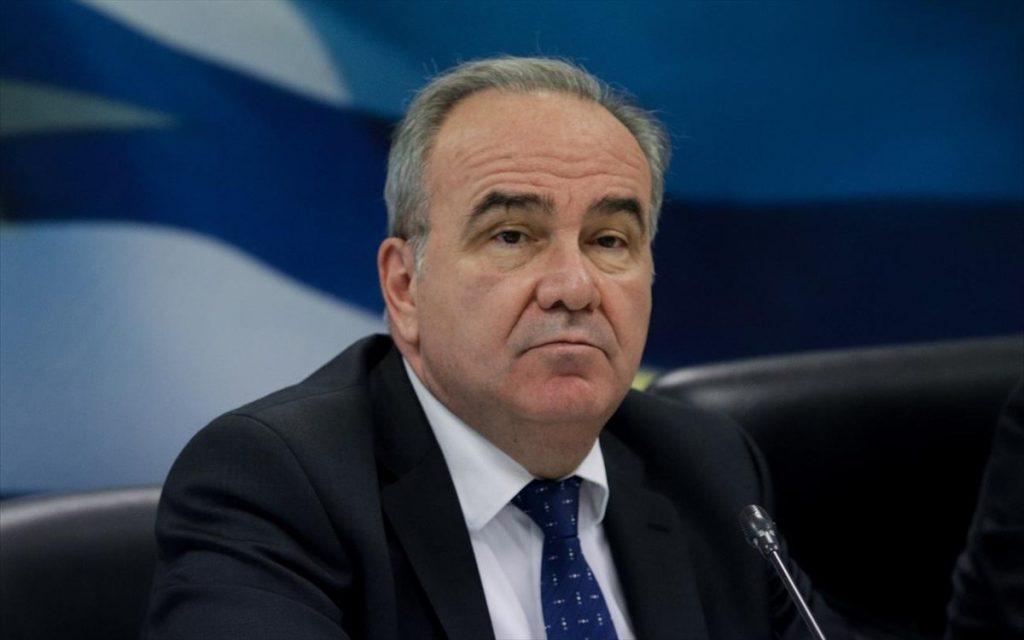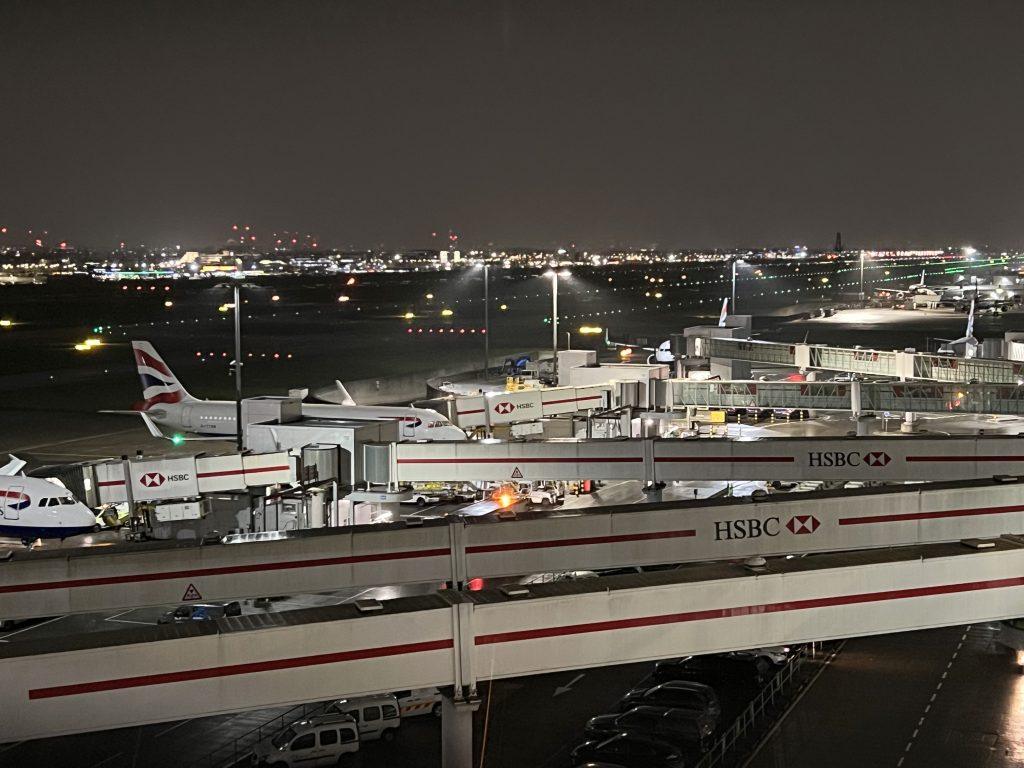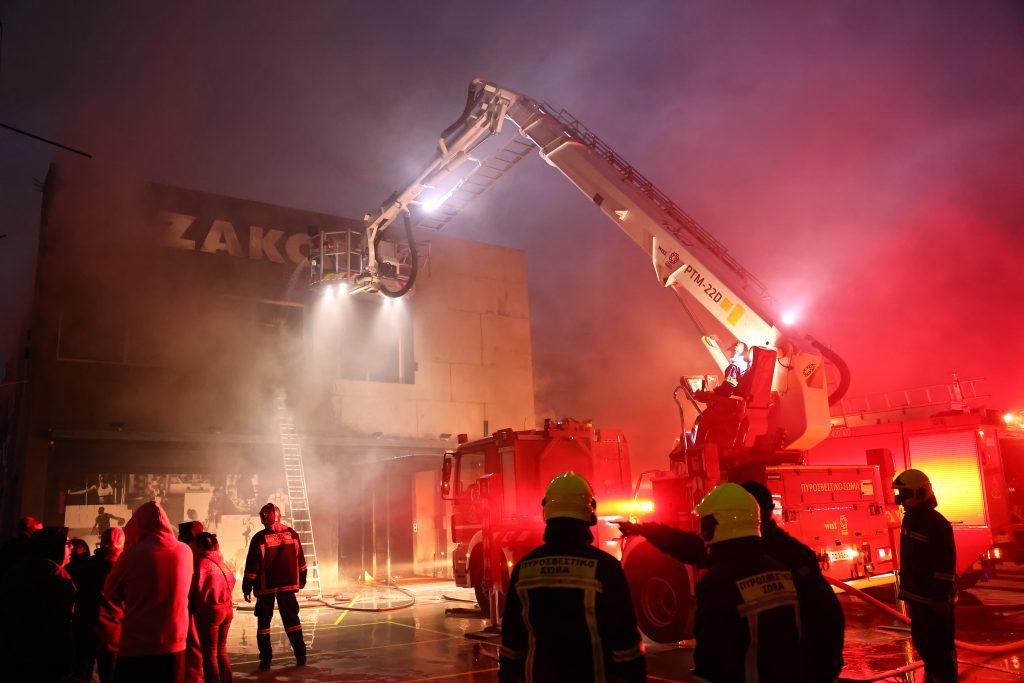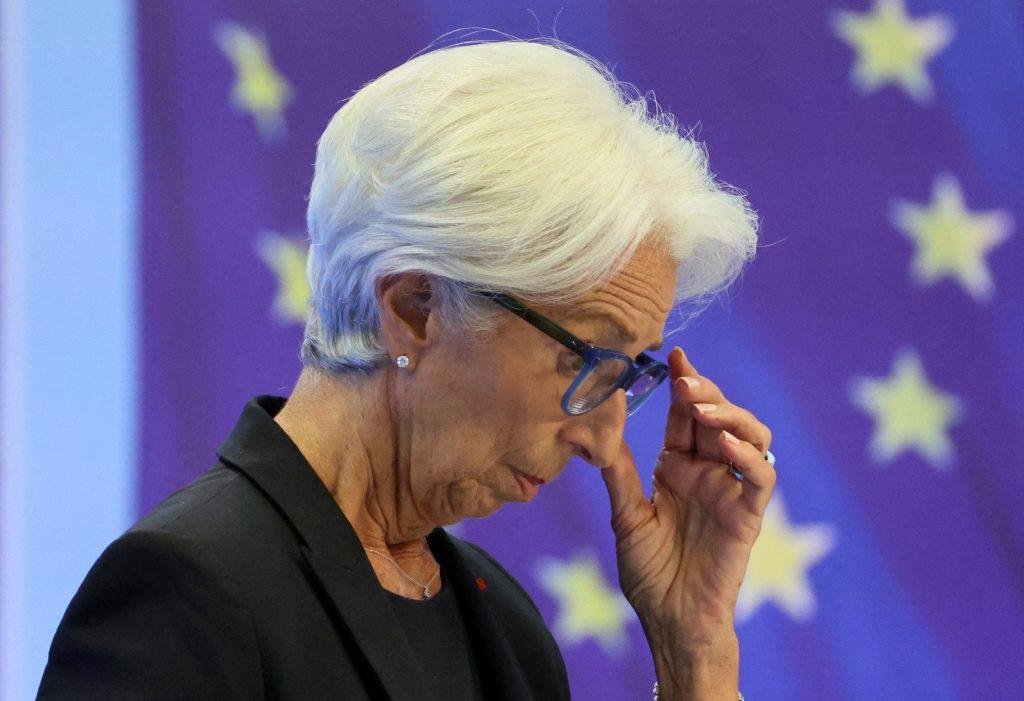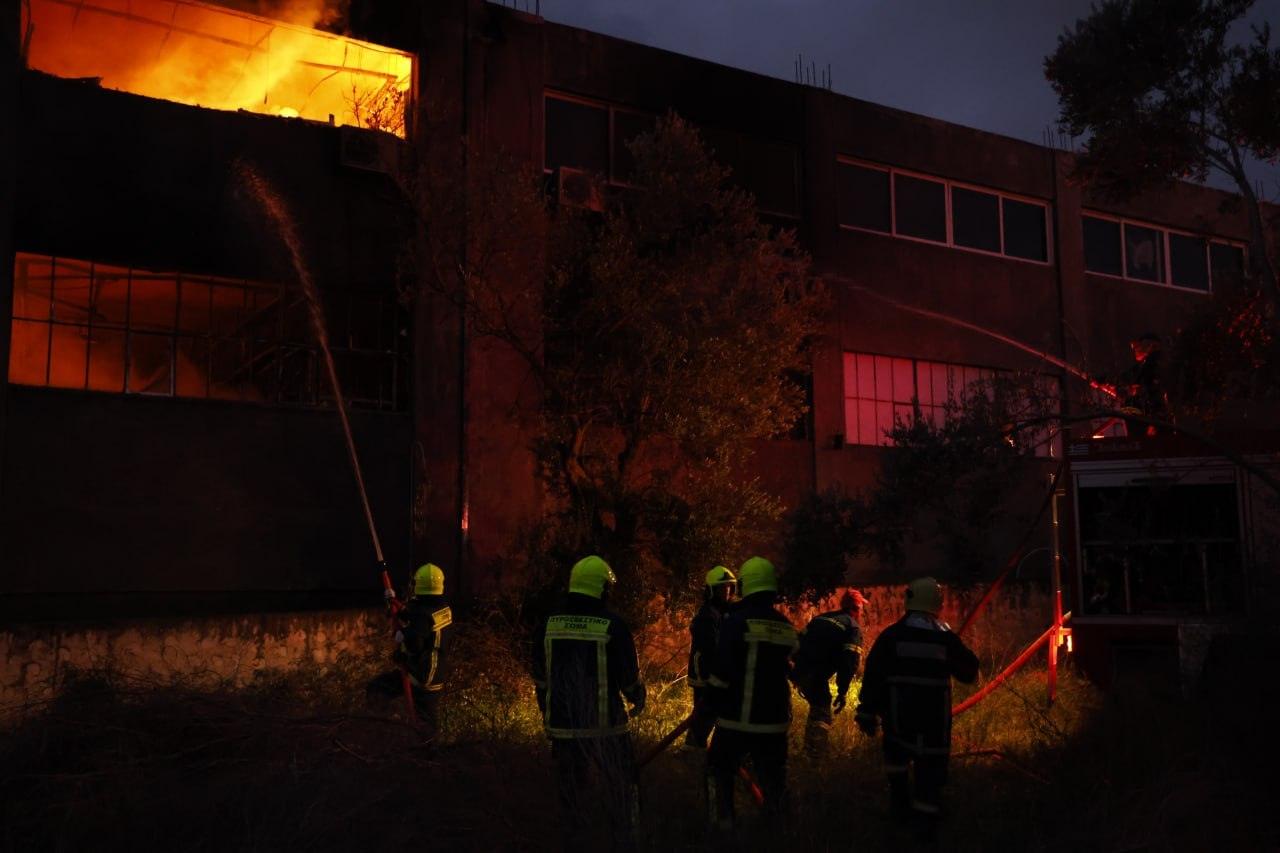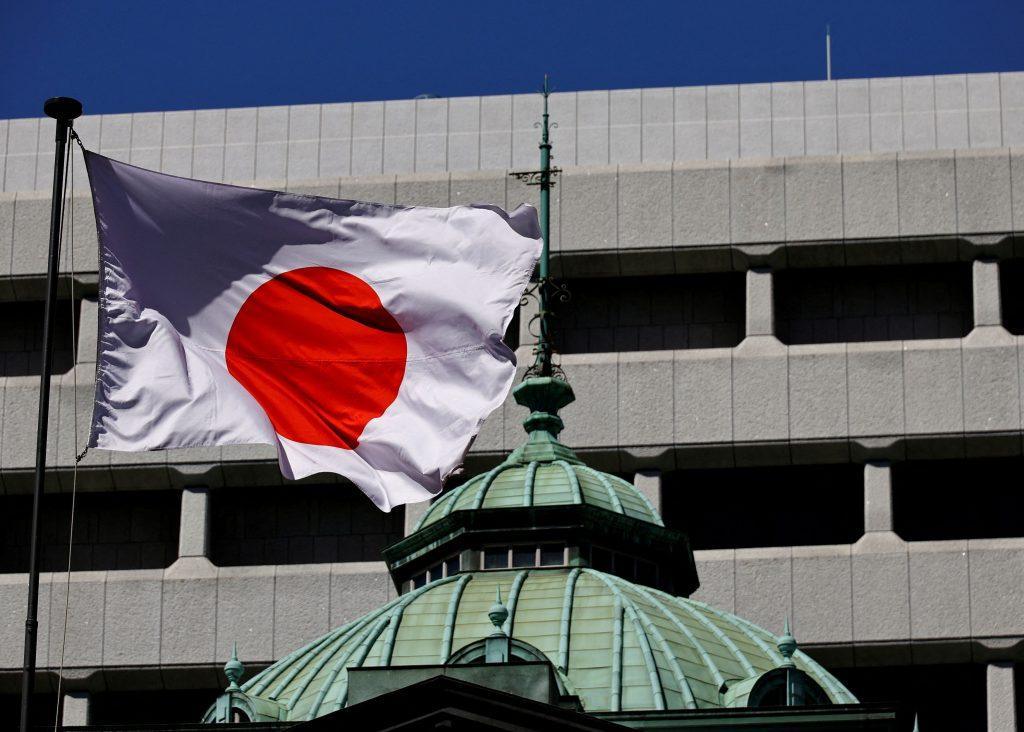This strategic decision, adopted in early 2024, marked a change from the original plan, which was for Lamda Development to develop the project in house and only enter into strategic partnerships in special cases (e.g. hotel development) that required know-how Lamda Development lacked; this would allow the company to maintain control over all developments.
The initial criticism expressed by the investment community was that the allocation of large numbers of plots (for residential and office development) to third parties would lead to competing developments and to Lamda Development losing control over the overall plan for the project, forfeiting the biggest part of the development profit. The change in strategy was attributed to the company’s need to boost its cash flow immediately in light of the strain placed on its business plan by increased construction costs, delays in ongoing developments, and the lack of revenue from the non-residential projects that were part of the first phase, given that the project has in practice shifted exclusively to apartment pre-sales.
In recent months, however, the criticism has focused on the majority of these transactions being carried out fragmentarily and directly via bilateral negotiations, rather than through a structured tendering process that would ensure equitable treatment for all interested parties and maximize shareholder value for Lamda Development, given that the company is listed on the Athens Exchange with major institutional investors taking part along with the general investing public. Some potential investors have also voiced concerns about a lack of transparency and reliability in their negotiations with Lamda Development.
One example related to the discussions that have been going on for months between Lamda Development and Arab interests concerning the development of an emblematic project, which is of considerable geopolitical importance for Greece—negotiations which have unjustifiably reached an impasse, due to Lamda Development’s stance.
Most recently, a leading international shipping group expressed its dissatisfaction with Lamda Development, with which it had reached an agreement after months of negotiations to purchase land on which to construct offices to house part of its international operations, creating a significant international footprint in the project and new high-level jobs for the country. According to reports, Lamda Development allegedly backed out of the original agreement without providing proper justification. Market circles attribute the specific about-faces to Lamda Development’s main shareholder.
Lamda Development’s recent defaults have become a prominent topic in international investment circles in New York, London and the Middle East, with leading domestic and international investors and business groups now reportedly hesitant about participating in the Ellinikon Project.
Source: tovima.com
